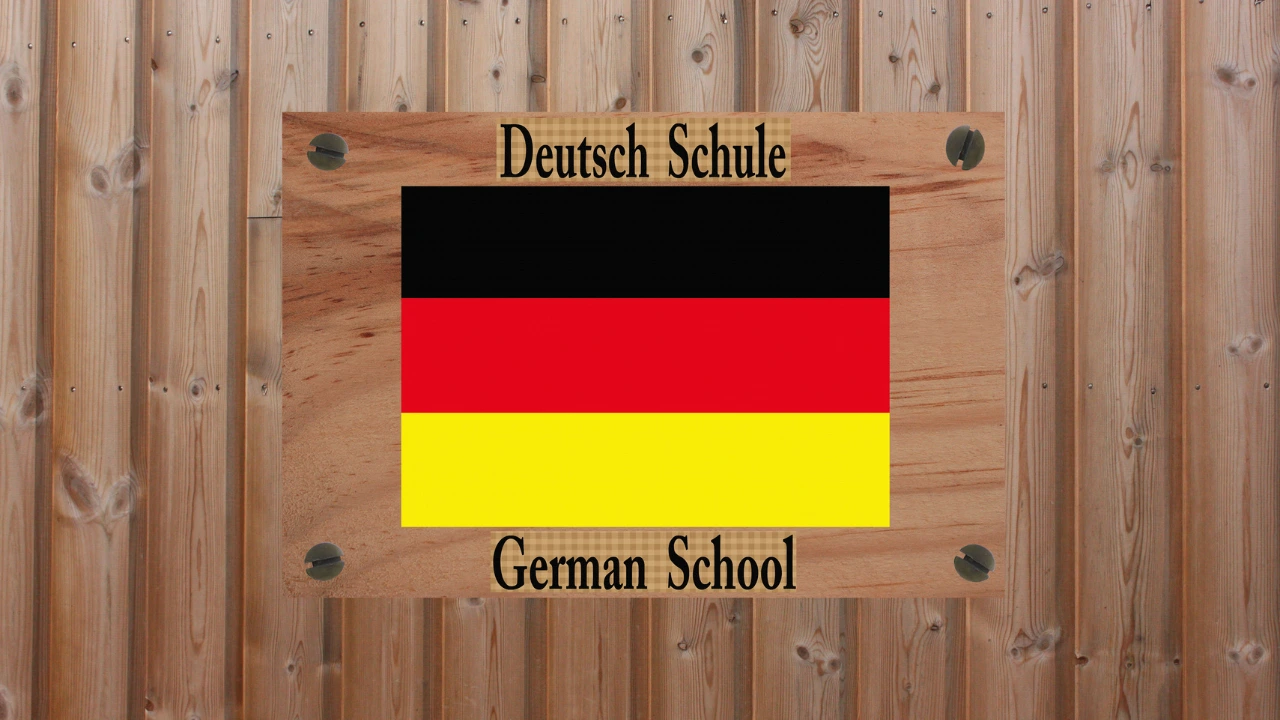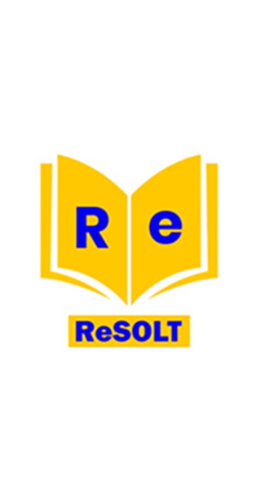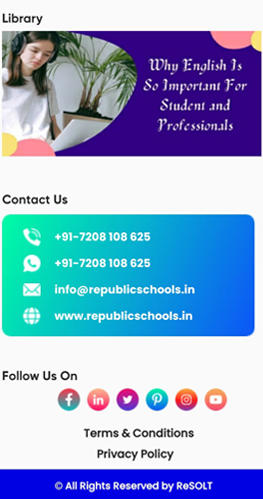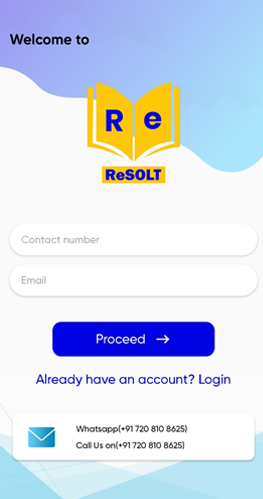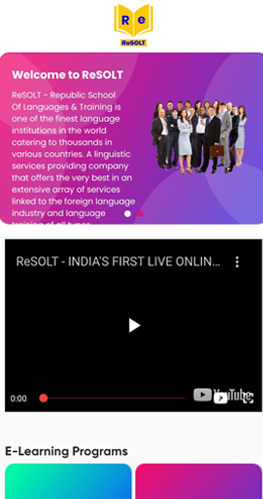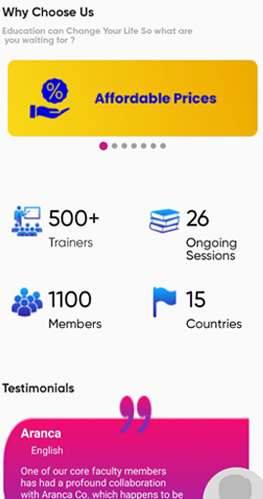Embarking on the journey to fluent in German is a rewarding endeavor, but one that requires dedication, practice, and patience. The timeline for becoming fluent in German varies widely among individuals and is influenced by several factors. Let’s delve into the elements that shape the trajectory of language acquisition and explore a realistic perspective on how long it may take to achieve fluency.
1. Learning Environment:
The environment in which you immerse yourself in the German language significantly impacts the speed of your learning. If you have the opportunity to live in a German-speaking country or engage regularly with native speakers, you’ll likely experience a faster learning curve. Exposure is key, and being surrounded by the language enhances your ability to grasp nuances and cultural intricacies. A German institute in Mumbai can offer you a better learning environment.
2. Daily Practice:
Consistency is the cornerstone of language learning. Daily practice, involving a mix of listening, speaking, reading, and writing, reinforces your skills and aids retention. Learners who integrate German into their daily routines tend to progress more rapidly than those who sporadically engage with the language. With the right German classes in Mumbai or German courses in Mumbai, you can improve your German.
3. Prior Language Learning Experience:
Individuals with previous experience in learning languages may find it easier to grasp German due to their familiarity with language structures, grammar concepts, and effective learning techniques. While each language is unique, a background in language learning can provide a valuable foundation for acquiring German.
4. Language Complexity:
German, as a Germanic language, shares some similarities with English, but it possesses its own set of grammar rules, word order, and pronunciation challenges. The perceived complexity of the language can influence the learning pace. Some learners may find German more intuitive based on their native language, while others may face a steeper learning curve.
5. Motivation and Learning Techniques:
Motivation serves as a driving force in language learning. Highly motivated individuals who employ a diverse range of learning techniques, such as immersion, language exchange, and structured courses, often progress more rapidly. Tailoring your approach to suit your learning style and maintaining a positive mindset are crucial components of successful language acquisition.
6. Intensive Language Programs:
Enrolling in intensive language programs, whether online or in-person, can significantly expedite the learning process. These programs offer structured lessons, immersive experiences, and opportunities for consistent practice. The focused nature of intensive programs accelerates comprehension and proficiency levels.
7. Personal Commitment:
Your commitment to the learning process plays a pivotal role in determining your progress. Remaining dedicated, setting realistic goals, and staying engaged with the language even during challenging moments are essential components of the language-learning journey.
Realistic Timeline:
While it’s challenging to provide a precise timeline for achieving fluency in German, language experts often refer to the Common European Framework of Reference for Languages (CEFR) as a guideline. For an English speaker, reaching a B2 level, considered upper-intermediate proficiency, may require approximately 600 to 750 hours of study.
However, fluency, often associated with C1 or C2 levels on the CEFR scale, demands a more substantial investment of time and practice. Achieving a high level of proficiency could take several years, depending on factors like learning environment, personal commitment, and the intensity of your language-learning endeavors.
Conclusion:
Becoming fluent in German is a dynamic and individualized journey. German institute in Andheri or German institute in Dadar can be a great choice to learn German. While estimates and frameworks provide useful benchmarks, it’s crucial to recognize that language acquisition is not a linear process. Embrace the challenges, celebrate small victories, and stay committed to your language-learning goals. The path to fluency may vary, but with dedication and a well-rounded approach, you’ll find yourself unlocking the gates to a new linguistic and cultural world.

